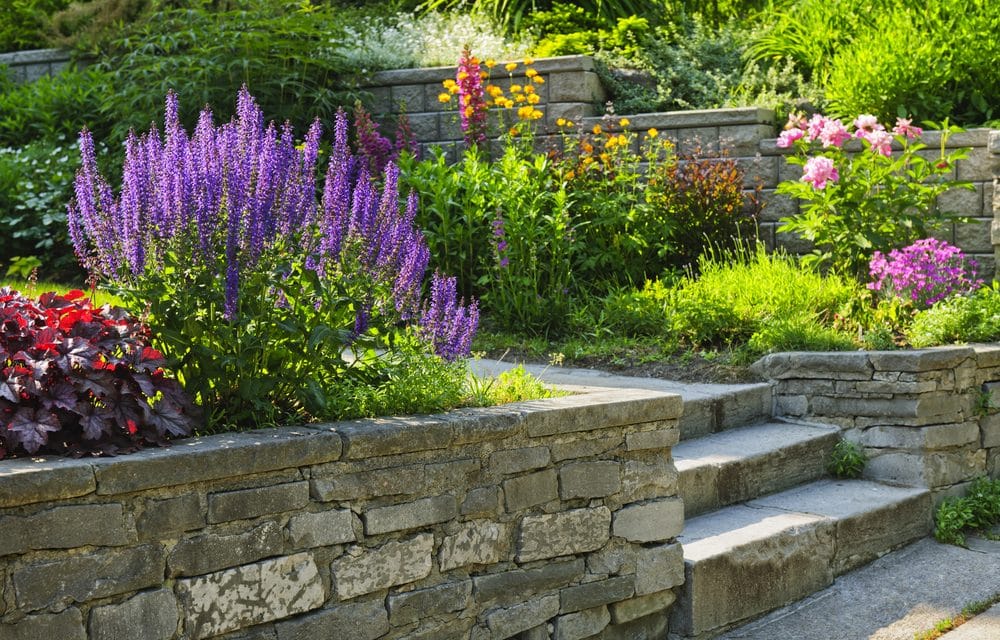
Here are some tips to help you grow vegetables in containers. Container gardening is possible with most vegetable types, though they are usually small. These vegetables can be grown in small containers so you don't need to water them. These plants are also known as space masters and space misers. These plants can also go by the names bush or dwarf. These plants can grow fast and produce large yields despite their small size.
You need to determine the climate in your area if you wish to grow many different vegetables. In cold regions, you may want to choose varieties that will survive in colder climates. Consider using herbs and spices in warmer areas. Some vegetables need more water than other vegetables, so containers are a better option. Once you have decided on the climate you want, you can start to plant your container gardening. Here are the best vegetables to grow in containers.

While choosing vegetables for container gardening can be a daunting task, the process should be simple and fun. Select the varieties you like, then go to your nearest garden center to get them. You can then grow these crops and enjoy their delicious flavor while adding color to your plate. You can even try some edible flowers, such as dill and cilantro, which add color and interest to any meal. If you wish to make your garden more colorful and appealing, you can add flowers.
Peas are excellent vegetables for container gardening because they grow quickly and need cool weather to grow properly. They are best grown in succession, but they don't require large containers. Peas are climbers so they don't need a lot of space. Peas are an excellent soil-improver. Peas require very little light to grow. You can use as many containers you wish!
It is easy to grow greens in containers. You can start them indoors. You can plant greens in rows or scatter them in the garden. Salad greens work well in container gardening. They can be planted immediately after the last frost, depending upon the climate. Some varieties are frost-hardy while others require extra care. No matter what type of vegetable you choose to grow, your container can be used to grow any vegetables that you desire.

You don't need a lot of space to grow vegetables in containers. Leafy greens are perfect for containers, as they don't require much sunlight. They also need little space. These vegetables are also easy to move. They are adaptable and versatile. You can grow vegetables in containers by trying different varieties and seeing which one grows the fastest. You can also grow herbs, and other plants in very small spaces.
FAQ
How often do I need to water my indoor plants?
Indoor plants need watering every two days. Watering helps maintain humidity levels inside the house. Healthy plants require humidity.
How much space does a vegetable garden require?
One square foot of soil will require 1/2 pound of seeds. This is a good rule of thumb. You will need 100 pounds of seed if your area is 10 feet by 10 foot (3 meters by 3 metres).
What is a plant calendar?
A planting calendar is a list of plants that should be planted at different times throughout the year. The goal is to maximise growth while minimizing stress. The last frost date should be used to sow early spring crops, such as spinach, lettuce, and beans. Later spring crops include cucumbers, squash, and summer beans. The fall crops include potatoes and carrots.
Statistics
- According to the National Gardening Association, the average family with a garden spends $70 on their crops—but they grow an estimated $600 worth of veggies! - blog.nationwide.com
- It will likely be ready if a seedling has between 3 and 4 true leaves. (gilmour.com)
- According to a survey from the National Gardening Association, upward of 18 million novice gardeners have picked up a shovel since 2020. (wsj.com)
- Today, 80 percent of all corn grown in North America is from GMO seed that is planted and sprayed with Roundup. - parkseed.com
External Links
How To
How can I keep weeds away from my vegetable gardens?
Growing vegetables that are healthy is not possible due to weeds. They can compete for water and nutrients, sunlight, space, and other resources. These tips will help you prevent them taking over your garden.
-
All plants should be removed when they are in flower
-
Clean up any plant debris at the base
-
Mulch
-
Drink water frequently
-
Rotate crops
-
Don't let the grass grow too long
-
Keep soil moist
-
Plant early
-
Harvest often
-
Add compost
-
Use pesticides sparingly
-
Plant organic vegetables
-
Heirloom seeds available
-
Start small
-
Learn more about companion planting
-
Be patient
-
Enjoy gardening!